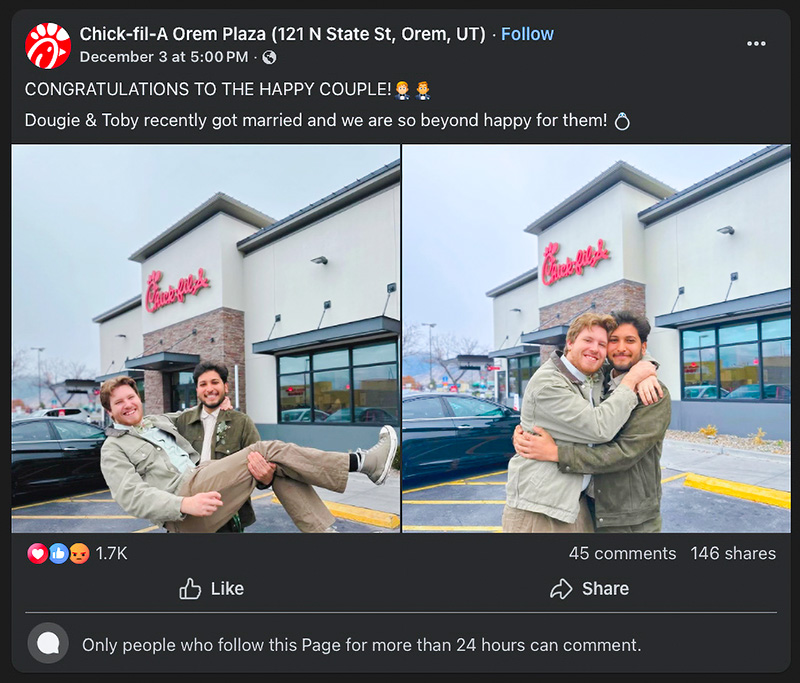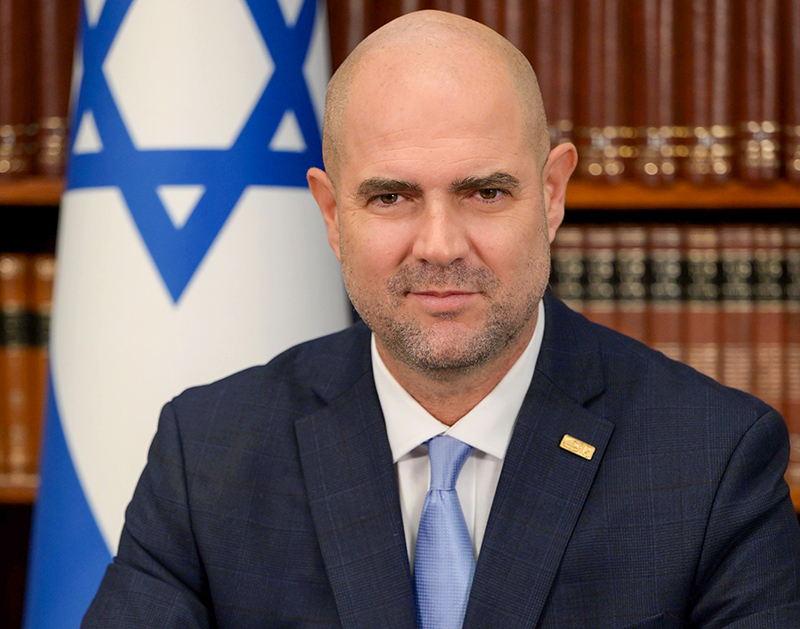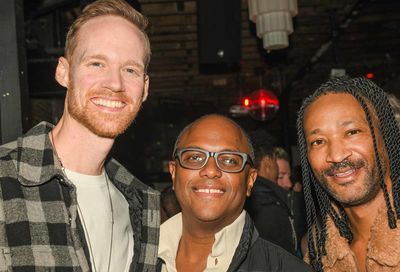Gay man asks Dallas court to recognize his common law marriage to ex-partner
Lawyers argue courts should grant divorce to gay couple of 15 years, despite Texas' same-sex marriage ban

The LGBTQ legal advocacy firm Lambda Legal has filed a brief with a Texas appeals court asking it to grant a new trial in the case of a Texas man seeking a divorce from his partner of 15 years, arguing that the judge in the case wrongly refused to recognize the same-sex couple’s common law marriage.
In an amicus brief filed with the Texas Fifth District Court of Appeals in Dallas, Lambda Legal argues that the court recognize that Gustavo Hinojosa and Steve Paul LaFredo — who were together for 15 years and split up only a month before the Supreme Court’s decision legalizing marriage equality nationwide — were involved in a common law marriage, and thus are entitled to a divorce.
“Gustavo and LaFredo held themselves out as a committed couple and did as much as was possible under then-Texas law to establish their commitment to each other after they moved to Texas in 2005,” Lambda Legal Senior Staff Attorney Shelly Skeen said in a statement. “They lived as a married couple, which was all they could do until shortly before the U.S. Supreme Court struck down discriminatory marriage bans nationwide in its historic Obergefell v. Hodges ruling in 2015.”
Even though the couple ended their relationship prior to the Obergefell decision, Lambda Legal argues, when the Supreme Court rules a law unconstitutional, the decision applies retroactively.
“Permitting same-sex couples to establish an informal marriage, but instructing the jury that they may not consider evidence that pre-dates Obergefell, violates the well-established rule of retroactive application for decisions that strike down a law as facially unconstitutional under the United States Constitution,” the brief reads.
See also: Anti-LGBTQ Trump ally calls gay marriages “counterfeit,” blames them for decline in marriage rates
“In Harper v. Virginia Dept. of Taxation, the Supreme Court set forth a clear rule regarding the retroactivity of its federal law holdings: ‘When this Court applies a rule of federal law to the parties before it, that rule is the controlling interpretation of federal law and must be given full retroactive effect in all cases still open on direct review and as to all events, regardless of whether such events predate or postdate our announcement of the rule.'”
But in the case of Hinojosa and LaFredo, the trial judge gave erroneous information to the jury, telling them simply that same-sex marriage had been outlawed in Texas prior to the Supreme Court’s decision.
Instead, Lambda Legal says, the jury should have been instructed to examine the evidence proving the two men were involved in an informal marriage as if Texas’ same-sex marriage ban had never existed.
As a result, they argue, the court should remand the case for a new trial, because the jury was unaware that two same-sex individuals could enter into an informal marriage, and thus failed to grant the divorce.
“Unlike their different-sex counterparts, for whom formal and common law marriage was accessible, same-sex couples faced unique obstacles that only recently were erased by Obergefell,” Skeen said in a statement. “For example, they may not have been able to describe themselves as married on federal tax forms, loan documents, or deeds.
“For same-sex couples, informal marriage can serve a remedial role in correcting past injustices and legal barriers to marriage,” Skeen added. “Judges and juries must evaluate the evidence of a common law marriage in its entirety to determine whether the couples did what they could to solidify their relationships despite the unconstitutional restrictions. If a long-term committed different-sex relationship defines a common law marriage, so too must a similar same-sex relationship. There can be no distinction.”
Read more:
Germany bans conversion therapy for LGBTQ youth
Gay weatherman fired after calling out armed lockdown protesters in Minnesota
Indonesian LGBTQ people are being forced to undergo exorcisms to ‘cure’ them
Support Metro Weekly’s Journalism
These are challenging times for news organizations. And yet it’s crucial we stay active and provide vital resources and information to both our local readers and the world. So won’t you please take a moment and consider supporting Metro Weekly with a membership? For as little as $5 a month, you can help ensure Metro Weekly magazine and MetroWeekly.com remain free, viable resources as we provide the best, most diverse, culturally-resonant LGBTQ coverage in both the D.C. region and around the world. Memberships come with exclusive perks and discounts, your own personal digital delivery of each week’s magazine (and an archive), access to our Member's Lounge when it launches this fall, and exclusive members-only items like Metro Weekly Membership Mugs and Tote Bags! Check out all our membership levels here and please join us today!


























You must be logged in to post a comment.